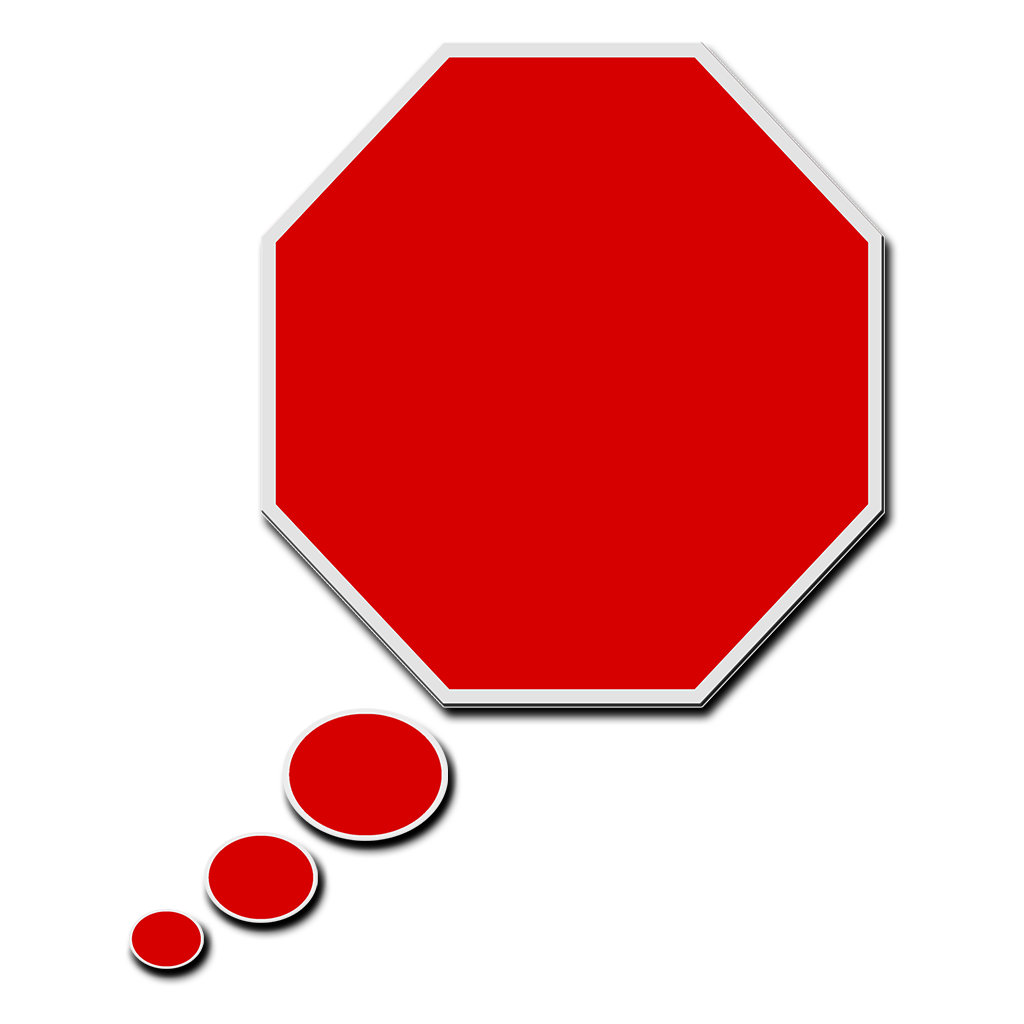"Test all things; hold fast what is good."
1 Thessalonians 5:21, NKJV
Presenting an alternative
Dr Caroline Leaf is a US based communication pathologist and a self-titled cognitive neuroscientist. She is one of the most renowned authors and speakers in the western Christian world. She has endorsements from Joyce Meyer, Bobbie Houston, and a number of other pre-eminent Christian pastors.
debunking dr leaf is here to provide a critical analysis of her teaching, and to present the alternative view.
Many people ask why an alternative view is needed.
“Why criticise Dr Leaf?"
"Dr Leaf is a global Christian phenomenon, endorsed by some of Christianity’s most famous leaders. Surely there’s nothing to reappraise?"
"Is it even Biblical to publicly speak against an anointed leader?”
The answer is simple:
1. All ideas need critiquing. No one has yet done that for Dr Leaf.
2. It's not wrong to critique a Christian leader. In fact, the Bible encourages us to "test everything."
We all need ideas to be critiqued. That is how ideas are tested and knowledge grows. Without critique of scientific theories and findings, we would still be living in mud huts as hunter-gatherers.
Just because Dr Leaf is a Christian leader does not preclude her from critique. She is a scientist, writing about scientific facts and theories. Her work deserves interrogation and analysis like any other scientific work. Rigorous testing of ideas is how science is done.
There is also a Biblical imperative to question, not just to implicitly accept, what we are taught by Christian leaders. In 2 Peter 2:1-3, Peter notes that there are many false prophets that we need to be wary of. Without critique, how do Christians see both sides of an argument and make up their own minds? And 1 Thessalonians 5:21 says, “test everything; hold on to the good”. How is one supposed to know what is good if no critique is offered, if only one position is provided? Don’t stress, I’m not saying Dr Leaf is a false prophet. But scripture is clear; it’s ok to ask questions, to look at both sides of a discussion, to critique and to be critiqued.
The other question that I’m asked is why I even need to critique Dr Leaf’s work at all? She must have her facts straight if she is preaching at some of the biggest churches on the planet, right? To be honest, I started reading her books with the same assumption in mind. But as my first consultant told me, on my very first ward round, on my first day as a doctor, “When you assume, you make an ‘ass’ out of ‘u’ and ‘me’”.
Keep an open mind. Please look at Dr Leaf’s work as well as the information we present. Satisfy yourself about where the truth lies. We believe that with a little bit of deeper probing, Dr Leaf's claims and hypotheses aren't as strong as they appear.
Finally, a quick word on critique and criticism. Criticism is fault finding on a personal level, “the expression of disapproval of someone or something on the basis of perceived faults or mistakes.” Attacking Dr Leaf’s personal beliefs or intentions would be criticism. A critique, on the other hand, is “a detailed analysis and assessment of something, especially a literary, philosophical, or political theory.” Critique is how ideas are tested and knowledge grows. Without critique of scientific theories and findings, we would still be living in mud huts as hunter-gatherers.
Thank you for your open-minded interest in discovering the truth.
“And you shall know the truth, and the truth shall make you free.””

